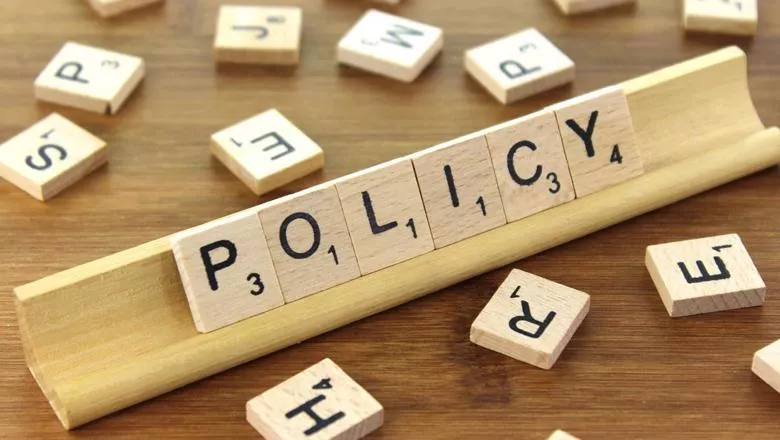Administrative overload should be the central impediment to a ‘the more the better’ logic of rule growth
Researchers
15 April 2021
More 'not necessarily better' when it comes to rules and regulations
Introducing more rules and regulations does not necessarily equate to more effective policy performance for governments and may even worsen their societal impact, a new study has found.

A group of researchers found that simply introducing additional rules without also improving the administrative capacity to implement and manage them could ultimately lead to agencies being overwhelmed with new policies while existing work is also disrupted.
In short, more is not necessarily better.
The findings were revealed in a new paper, The more the better? Rule growth and policy impact from a macro perspective, published in the European Journal of Political Research. The paper was co-authored by Dr Julian Limberg, from the Department of Political Economy at King’s, Yves Steinebach (LMU Munich), Louisa Bayerlein (European University Institute), and Christoph Knill (LMU Munich).
The researchers said: “Our work suggests that more rules do not lead to better performance per se. Instead, impactful rule growth requires administrative capacities. If rule implementation capacities cannot keep up, more rules are less likely to improve performance.
“Overburdening implementing bodies via more rules and regulations might even worsen societal impacts. This would be the case if new rules not only lack encompassing implementation, but also lead to an obstruction of administrative workflows.”
The researchers looked at data from 13 counties – including the UK, France, and Germany - between 1980 and 2010, with a particular focus on environmental policies introduced in those nations.
Environmental policies were chosen in particular because of the significant number of rules and regulations related to the environment which had emerged in recent decades, as well as the technical nature of the rules which require proactive implementation and enforcement by the state.
The researchers said: “Taking a macro-perspective on the linkage between rule growth and policy performance puts administrative capacities centre stage. Administrative overload should be the central impediment to a ‘the more the better’ logic of rule growth.
“Where administrative capacity cannot keep up with increasing legislative outputs, this should have dampening effects on overall policy performance. Conversely, sufficient administrative resources for the proper application and enforcement of environmental rules are a crucial prerequisite for effective implementation, and hence the achievement of policy targets.”
You can read the paper in full here.
